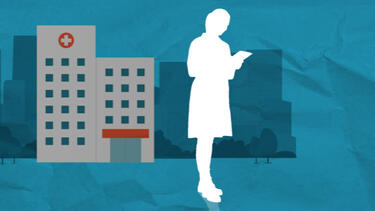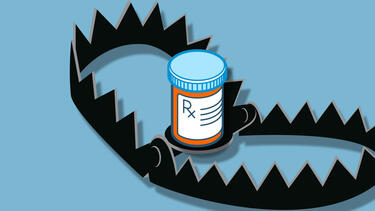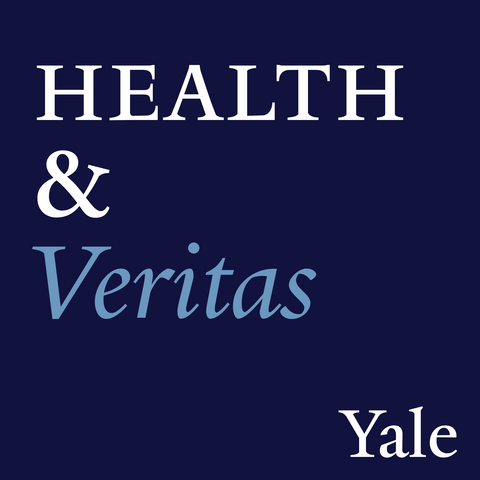Healthcare
Do the New Obesity Drugs Pay for Themselves?
Could expensive drugs like Ozempic save healthcare systems money by reducing the risk of obesity-associated diseases? A new study co-authored by Yale SOM’s Jason Abaluck suggests that other health expenses may actually increase over the first couple years of treatment.

Surprise Billing for Out-of-Network Physicians Costs Billions
After patients are treated at in-network hospitals, they often receive large, unexpected bills from out-of-network doctors. A new study finds that out-of-network charges from anesthesiologists, pathologists, radiologists, and assistant surgeons increase spending by $40 billion annually.

Under Competitive Pressure, Nursing Homes Appear to Game Rating System
Research co-authored by Yale SOM’s Amandine Ody-Brasier suggests that ratings based on self-reporting may be unreliable, and offers a solution: hide the thresholds for jumping to higher ratings.

A Decision Analysis Approach Points to Better Diagnosis of Prostate Cancer
A new study led by Yale SOM’s Arthur J. Swersey, using decision analysis techniques, finds that increasing the number of biopsy needles and using probability modeling to analyze the results can help prevent unnecessary treatment while identifying dangerous cancers.

Three Questions: Prof. Vahideh Manshadi on Improving Kidney Donation
This month, the Trump administration announced a series of steps to overhaul the kidney transplant system. We asked operations expert Vahideh Manshadi if the changes could make a difference for patients.

Kidney Exchange Registries Should Collaborate to Save More Lives
Yale SOM’s Vahideh Manshadi and her co-authors examined the methodology of kidney exchange registries, and found that registries can find more matches if they collaborate to build a unified database.

Three Questions: Prof. Florian Ederer on ‘Killer Acquisitions’
A recent lawsuit alleged that a billionaire investor bought the rights to a new drug just to eliminate a potential competitor. We asked Yale SOM's Florian Ederer to explain why a "catch-and-kill" merger can be damaging and what to do about the phenomenon.

Has Employment Become the Goal of the U.S. Healthcare System?
Dr. Greg Licholai writes that the complexity of the healthcare system has generated unexpected incentives—one of which is that we have come to rely on the industry for jobs.

Prof. Fiona Scott Morton Outlines Fixes for Healthcare Markets in Congressional Testimony
Prof. Scott Morton called a private healthcare system without competitive pressure “the worst of both worlds” in terms of costs.

Big Issues: The Foundations of Public Health
Yale physician Elijah Paintsil joined the Global Leadership: Big Issues class to describe the history of public health and how it informs current efforts to establish a minimum global standard for healthcare.

For U.S. Army, Improving Mental Health Care Meant Breaking Down Barriers Between Teams
The study suggests that for many organizations, assigning professionals from one team as points of contact to members of another—while they still maintain close ties to their own peers—may help resolve conflicts.

